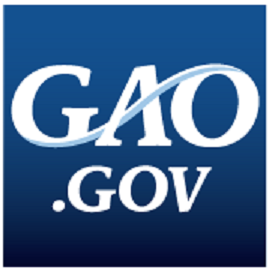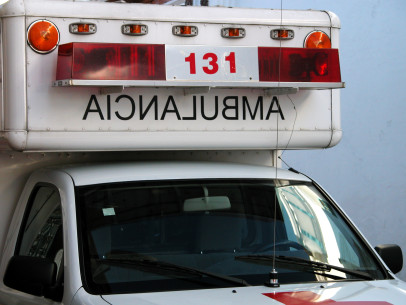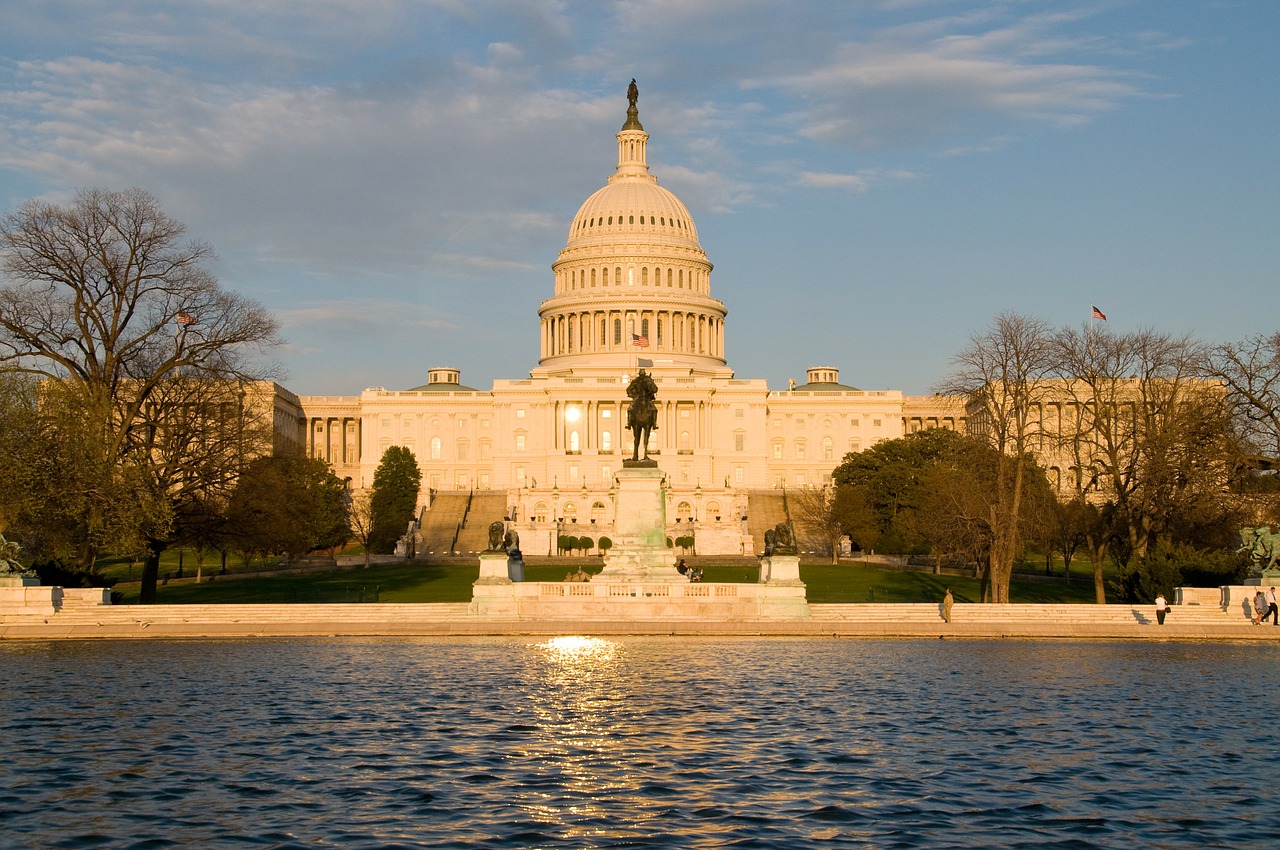HHS OIG Analysis Part 1 of 2 – Read Part Two of the Analysis
On September 29, 2015, the Department of Health and Human Services Office of the Inspector General (OIG) issued a report titled “Inappropriate Payments and Questionable Billing for Medicare Part B Ambulance Transports” (OEI-09-12-00351). The report, conducted by the Office of Evaluation and Inspections (OEI), looked at claims data for 7.3 million ambulance transports furnished during the first half of 2012. The OIG reviewed this claims data to determine whether claims were billed appropriately to the Medicare program.
Summary of the OIG’s Findings
The OIG determined that Medicare paid $24.2 million in the first half of 2012 for ambulance transports that did not meet certain program requirements for payment. The OIG identified an additional $30.2 million paid for transports for which the beneficiary did not receive Medicare services at either the pick-up or drop-location, or anywhere else. Finally, the OIG determined that 1 in 5 ambulance suppliers met certain criteria that indicated they may have engaged in questionable billing practices. According to the OIG, more than half of all questionable transports were provided to beneficiaries residing in 4 metropolitan areas.
Detailed OIG Findings
Medicare paid $24.2 million for ambulance transports that did not meet certain Medicare requirements justifying payment. This included transports to a non-covered destination, as well as transports to a covered destination but where the level of service was inappropriate.
The OIG determined that Medicare paid $17.4 million for ambulance transports to non-covered destinations. This amount also include return trips following treatment at the non-covered destination. These transports represented 0.6% of all Medicare payments during the first half of 2012.
The OIG indicated that transports to a physician’s office were the most common type of non-covered destination. Payments for transports to and from a physician’s office accounted for $8.7 million in improper payments. Medicare also paid $5.8 million for transports of beneficiaries to and from community mental health centers or psychiatric facilities (other than duly-licensed psychiatric hospitals). Other transports to non-covered destinations included independent laboratories, diagnostic or therapeutic sites (i.e., “D” modifiers), non-SNF nursing facilities, long-term care and hospice facilities.
The OIG determined that Medicare paid $7 million for transports with inappropriate combinations of the level of service billed and the type of destination. This included $4.3 million in payments for specialty care transports (SCT) where either the origin or destination was something other than a hospital, SNF, or intercept site. The majority of these inappropriate SCT transports involved transports between the patient’s SNF or residence and a free-standing dialysis facility. The OIG also determined that Medicare paid $2.7 million for emergency transports where the destination was not a hospital.
Medicare paid $30.2 million for ambulance transports for which the beneficiary did not receive Medicare services at any origin or destination.
The OIG identified $30.2 million in payments for ambulance transports where the beneficiary did not appear to receive any Medicare services at either the origin or destination within 1 day of the date of transport. To account for the possibility that the ambulance supplier may have submitted a claim with the wrong origin or destination, the OIG only flagged a claim as questionable if its records determined that the beneficiary did not receive Medicare services at any other facility type within 1 day of the transport. The OIG stated its belief that, since there was no record of the beneficiary receiving Medicare services at or close to the date of transport, the OIG believed that it was likely that Medicare inappropriately paid for the ambulance transports. The OIG did note the possibility that these transports occurred during an inpatient hospital or SNF stay, and therefore may have been the responsibility of the inpatient facility. These transports represented 1.1% of all Medicare payments during the first half of 2012.
The OIG determined that 1 in 5 ambulance suppliers had questionable billing
As part of the methodology used for this report, the OIG developed a set of 7 measure that it believed could be evidence of questionable billing practices. These seven measures were:
- No Medicare service provided at either the origin or destination – The OIG believes that a high percentage of an ambulance supplier’s for which the beneficiary did not receive Medicare services at either the origin or destination could be indicative of either: (a) billing for transports to non-covered destinations or (b) billing for transports that were not provided.
- Excessive mileage for urban transports – The OIG believes that high average mileage for transports within an urban area could be indicative of either: (a) billing for more miles than the ambulance supplier actually drove or (b) billing for mileage beyond the nearest appropriate facility.
- High number of transports per beneficiary – The OIG believes that a high average of per-beneficiary transports could be indicative of billing for transports that were not medically necessary.
- Compromised Beneficiary Number – The OIG believes that a high percentage of an ambulance supplier’s transports provided to beneficiary with compromised beneficiary ID numbers could be indicative of billing for transports that were not medically necessary, or which were not provided.
- Inappropriate or unlikely transport level – The OIG believes that a high percentage of an ambulance supplier’s transports with inappropriate or unlikely transport levels (given the destination) could be indicative of “upcoding”.
- Beneficiary sharing – The OIG believes that when multiple ambulance suppliers all provide dialysis transports to the same beneficiary that it could be evidence of the misuse of a beneficiary’s ID number, or it could be evidence that the beneficiary is shopping his or her ID number for kickbacks.
- Transports to or from partial hospitalization programs – The OIG believes that transports to and from a partial hospitalization program (PHP) is unlikely to be medically necessary because beneficiary’s that meet Medicare’s coverage requirements for PHP services generally do not qualify for ambulance transportation.
The OIG indicated that 21% of ambulance suppliers met one of the seven measures it developed for identifying questionable billing practices. 17% of ambulance suppliers met only 1 of the 7 measures, while 4% met 2-4 of these measures. No ambulance suppliers met more than 4 of these measures.
The OIG identified 2,038 out of the 15,614 ambulance suppliers reviewed (13%) that had questionable billing based on the percentage of their transports where the beneficiary did not receive Medicare services at either the origin or destination. The OIG flagged an ambulance supplier’s billing as questionable if 3% or more of its transports involved situations where no Medicare service was billed at the destination. 46 ambulance suppliers had 95% or more of their transports involve situations where the beneficiary did not receive Medicare services at either the origin or destination. By contrast, the median for all ambulance suppliers was zero transports where the beneficiary did not receive services at either the origin or destination.
The OIG identified 642 out of the 15,614 ambulance suppliers reviewed (4%) that had questionable billing based on the average mileage they billed for beneficiaries residing in urban areas. The OIG indicated that the typical ambulance supplier average 10 miles for an urban transport. By contrast, the average mileage for the 642 suppliers identified by the OIG was 34 miles. The OIG identified 48 suppliers with an average urban mileage of more than 100 miles.
The OIG identified 533 out of the 15,614 ambulance suppliers reviewed (3%) that had questionable billing based on the average number of transports per beneficiary. Beneficiaries transported by the typical ambulance supplier that provided dialysis transports received an average of 4 ambulance transports during the first 6 months of 2012. Beneficiaries transported by the 533 suppliers identified by the OIG received an average of 21 transports during the first half of 2012.
The OIG identified 358 out of the 15,614 ambulance suppliers reviewed (2%) that had questionable billing based on the percentage of their transports that were associated with compromised beneficiary ID numbers. In studying this measure, the OIG excluded ambulance suppliers that did not bill for any transports involving the use of compromised beneficiary ID numbers. Among those suppliers that billed any transports that involved the use of a compromised ID number, only 1% of the typical supplier’s involved the compromised ID numbers. The 358 suppliers identified by the OIG used a compromised ID number for at least 7% of their claims. 31 suppliers used a compromised ID number for more than 95% of their submitted claims.
The OIG identified 268 out of the 15,614 ambulance suppliers reviewed (2%) that had questionable billing based on the percentage of claims submitted with unlikely or inappropriate transport levels and destinations. For the typical supplier that billed any claims with an inappropriate combination of transport level and destination, these claims accounted for less than 1% of all claims submitted in the first half of 2012. For the 268 suppliers identified by the OIG, these claims accounted for more than 3% of all claims submitted in the first half of 2012. The OIG identified 19 suppliers that used an inappropriate or unlikely combination on at least 25% of the claims they submitted during the first half of 2012.
Finally, the OIG noted that the ambulance suppliers that tested “positive” for any of the questionable billing practices it identified were disproportionately likely to provide BLS non-emergency transports (including dialysis). The OIG noted that BLS non-emergency transports accounted for only 36% of transports billed by providers that did not meet any of its questionable billing measures, while BLS non-emergency transports accounted for 65% of all claims submitted by those suppliers it identified as having at least one questionable billing practice.
More than half of questionable ambulance transports were provided to beneficiaries residing in 4 metropolitan areas
The OIG determined that questionable billing was concentrated in the metropolitan areas of Houston, Los Angeles, New York, and Philadelphia. These 4 areas accounted for 18% of all ambulance transports during the first half of 2012, but 52% of all questionable transports. Collectively, these areas accounted for $104 million of the $207 million in Medicare payments for “questionable” ambulance transports during the first half of 2012.
The OIG also determined that, on average, ambulance suppliers that provided transports to beneficiaries in these 4 metropolitan areas transported more Medicare beneficiaries and received more in Medicare payments than suppliers in other metropolitan areas. For example, the average ambulance supplier in Los Angeles received a total of $105,696 in Medicare payments, compared with an average of $16,137 in Medicare payments per supplier in other metropolitan areas. The numbers in NY ($85,606), Philadelphia ($56,667), and Houston ($34,951) were also far in excess of the national average.
OIG’s Recommendations
In this report, the OIG makes a number of recommendations to CMS to reduce the number of inappropriate payments and questionable billing practices. These recommendations include:
- Expanding the temporary moratoria on new enrollments to additional metropolitan area. The OIG is recommending that CMS consider whether the existing moratoria (in place in Houston and Philadelphia) should be expanded to NY and Los Angeles.CMS concurred with this recommendation, and stated that it will continue to monitor these geographic areas, and will impose additional temporary moratoria if warranted.
- Require ambulance suppliers to include the National Provider Identifier (NPI) of the certifying physician on non-emergency claims that require a certification. The OIG is recommending that when a physician certification is required (e.g., for dialysis transports), that the physician’s NPI be listed on the claim. The OIG notes that the NPI of the ordering physician is already required for laboratory and DME claims. The OIG also recommended that the physician’s NPI be listed on PCS forms.CMS concurred with the recommendation, and indicated that it will explore the best way to implement this recommendation.
- Implement new claims processing edits, or improve existing edits, to prevent inappropriate payments for ambulance transports. The OIG is recommending that CMS update its edits to prevent payment: (a) for transports to non-covered destinations and (b) for transports with inappropriate combinations of the destination and the level of service billed (e.g., emergency transports to a patient’s residence).CMS partially concurred with the recommendation, but indicated that it wanted to review the data on the claims identified by the OIG in the report before taking any actions.
- Increase CMS’ monitoring of ambulance billing. The OIG is recommending that CMS continue to monitor the billing of ambulance claims using the measures of questionable billing that the OIG developed.CMS appeared to concur with the recommendation, indicating that it would continue its current monitoring. However, the OIG indicated that its recommendation was not to continue monitoring at the current levels, but rather to increase the monitoring of ambulance claims.
- Determine the appropriateness of the claims billed by the ambulance suppliers identified in this report and take appropriate action. The OIG indicated that it would be providing CMS with a separate memorandum that lists the claims it identified that did not meet Medicare billing requirements. The OIG was suggesting that CMS or its contractors should take a closer look at these providers, for example by reviewing medical records or performing unannounced site visits to determine whether additional actions are appropriate.CMS partially concurred with the recommendation, but indicated that it wanted to review the data on the claims identified by the OIG in the report before taking any actions.










